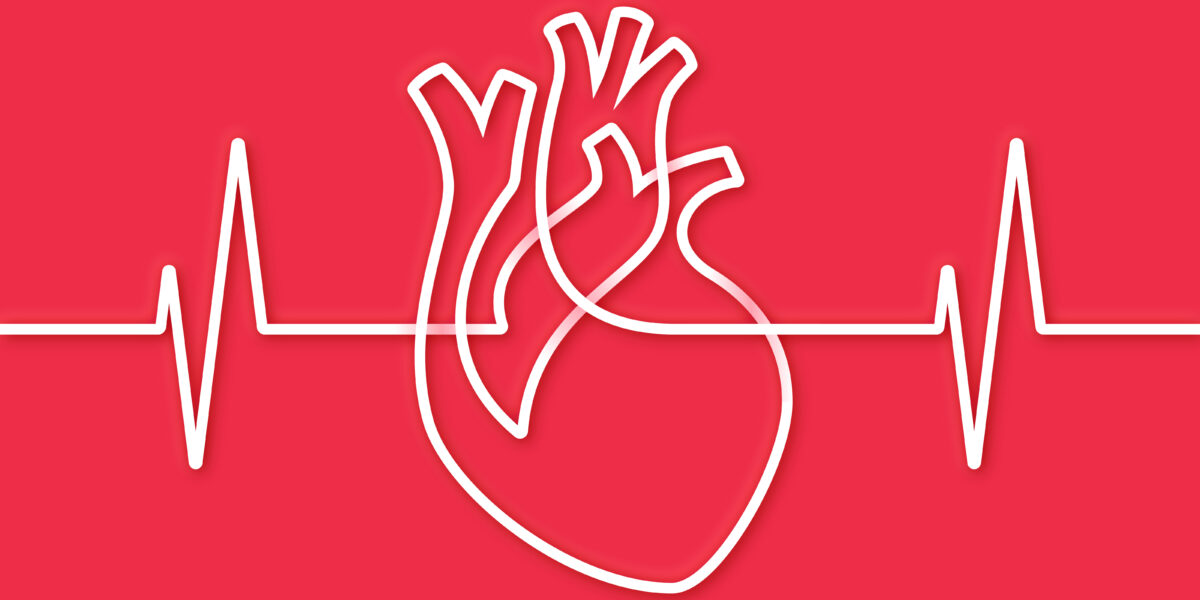Login
Heart and Vascular Care
Electrophysiology
Treatment of conditions affecting the heart’s electrical systems
About Electrophysiology
The heart moves blood throughout the body — and electricity is what moves the heart. A complex electrical system keeps the heart’s various movements steady and in-sync.
Electrophysiologists are specialized type of cardiologist that focus entirely on conditions affecting this electrical system, causing the heart to beat irregularly. They often work with other cardiologists when creating and executing treatment plans.
Who Should See an Electrophysiologist?
Patients with heartbeats that are too fast, too slow, or irregular/out of sync often visit electrophysiologists both to identify the cause and to receive treatment. However, consultations aren’t typically scheduled directly. Instead, they’re referred by a cardiologist or primary care provider. Reasons a patient may be referred include:
Electrophysiology (EP) Studies
Electrophysiologists don’t just treat heart conditions — they test for them too. In fact, this is a large part of an electrophysiologist’s role.
An EP study is a surgical procedure, used to examine the electrical activity of your heart and to diagnose arrhythmias. Your electrophysiologist inserts thin electrical wires into a blood vessel through tiny pricks in the skin. These wires are then positioned in various parts of the heart, where they can gather data about the heart’s electrical system and detect any problems. This helps your doctors decide on the best treatment of your heart rhythm problems.
Other preliminary non-invasive tests are often performed prior to an EP study. Electrocardiogram (commonly known as an EKG) uses electrodes stuck to the patient’s chest that can measure the heart’s electrical activity from outside the body. An echocardiogram uses sound waves to produce an image of the heart, allowing the specialist to visually detect any abnormalities in its structure.
Related Content
Contact Us
Christiana Hospital
4755 Ogletown-Stanton Road
Newark, DE 19718




